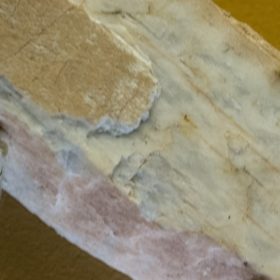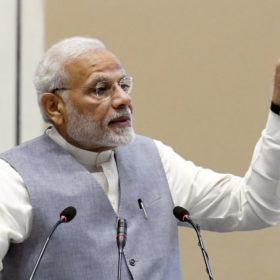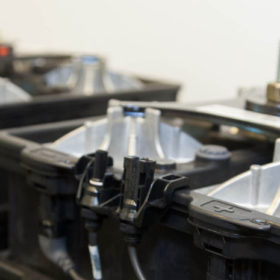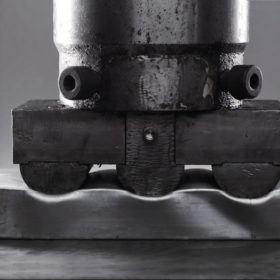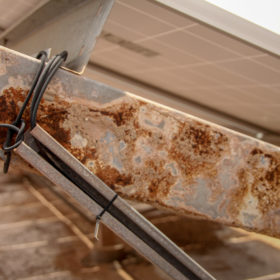India and Australia could strike first lithium deal
Mining company Neometals and Manikaran Power have started a jointly funded study into the feasibility of establishing India’s first lithium refinery, which would process ore from the Mount Marion mine in Western Australia.
Government thinktank proposes ban on diesel and petrol driven vehicles
The NITI Aayog has suggested banning sales of non-electric two and three wheelers in 2025 and cars, trucks and buses five years later as well as forcing public fleets and the cars used by ride hailing apps to be electric.
Europe announces plans for battery gigafactories
In news that will add urgency to Indian government efforts to establish a domestic storage industry, funding has apparently been secured for 16 GWh-plus production lines in Sweden and Germany. Is India at risk of being left in the starting blocks?
Lithium gigafactory target is raised to 50 GW, tender likely soon
The government is considering financial incentives such as import and export duty waivers to woo battery manufacturers to set up a globally competitive manufacturing base in India.
Telangana pitches for 5 GW lithium-ion battery plant
Following the Indian government’s 40 GW plan for the states, Telangana has pitched for setting up a 5 GW lithium ion plant by announcing the ready availability of 200 acres of land and power and water for the fab at a concessional rate.
India set to acquire lithium for EV batteries in 6 months
The acquisition would be made through Khanij Bidesh India Ltd (KABIL)—a joint venture of three public-sector mining units—which recently visited the Lithium Triangle countries in South America (Chile, Argentina and Bolivia) to explore the possibility of lithium acquisition.
Greaves Cotton mulls Li-ion battery manufacturing for EVs
The Mumbai-based engineering company, which acquired a majority stake in electric scooter maker Ampere Vehicles last year, is currently building a supply chain for the proposed EV battery manufacturing plant.
Tackling India’s solar waste challenge
As the nation aims for 100 GW of solar capacity by 2022 it is staring at up to 1.8 million tons of PV waste by 2050. A solar waste management seminar organized by consultancy Bridge To India in New Delhi brought stakeholders together to discuss how a PV waste management system could help.
Bharat Heavy Electricals to work with ARAI on e-mobility projects
Government-owned Bharat Heavy Electricals and the Automotive Research Association of India will combine their respective strengths in technology development and testing and certification to work on electric and trolley buses, EV chargers and battery and charger testing.
Alternative charging options drive down battery costs for ebuses
All-electric buses will cost the same as diesel options by 2030 – and possibly earlier – according to research into the global EV market which highlighted the potential for India to follow China’s lead in the sector.
